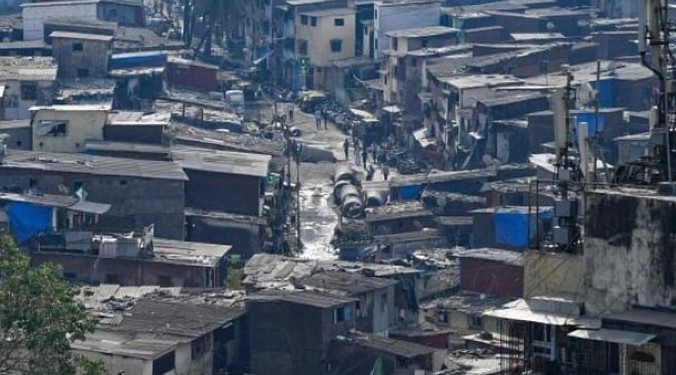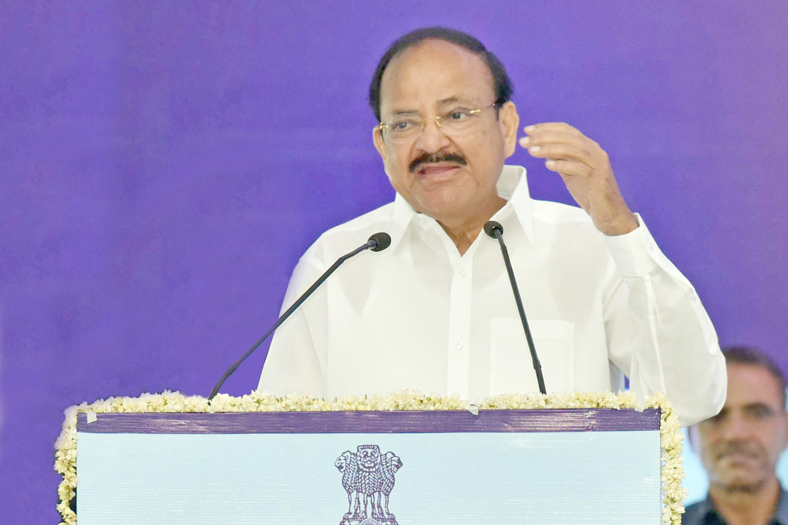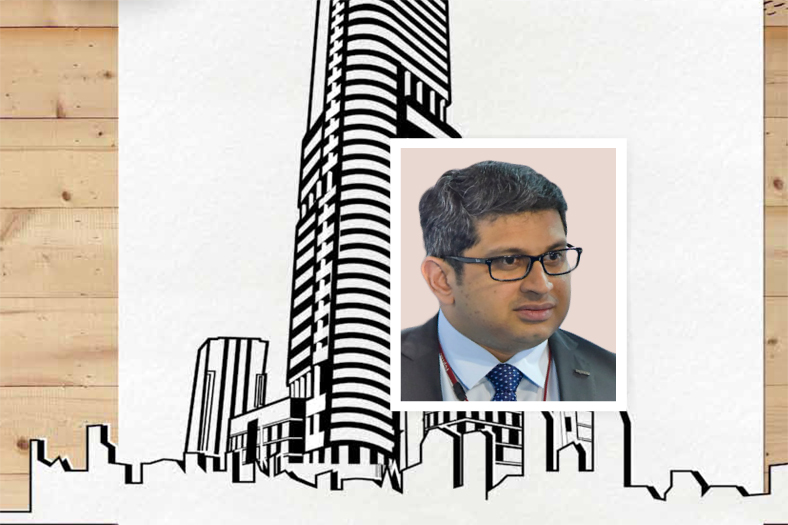Infrastructure Project Manager vs. Construction Manager
The infrastructure industry and projects have grown with limitations stemming from the lack of practicing construction managers. Veteran civil engineer Angyan P. Jagathnarayanan highlights the requirements of professional construction managers with knowledge and ability to follow global standard practices for managing projects in a better way.
In the present scenario of fast growing Infrastructure construction in India, there seems to be a total lack of understanding and knowledge regarding the global developments in managing construction projects. Most infrastructure projects in India hardly meet their deadlines in time, cost and work within the initial scope or objectives. Irrespective of the reasons cited for not meeting the targets many a time the support and understanding of issues by clients as well as governing bodies including the contractors’ are the catalyst for delay or overruns. One of the major issues that many accept without being quoted or in open is the lack of professionals who have the knowledge, skills and technical ability to follow recommended practises and standards. There has been a major shift in management of projects in the event of IT developments. If one has the knowledge of the global standards, the software and the Indian construction culture and history it will be obvious that there is no learning process for the management team to grow with the management technology of the present and future. This lack of knowledge has led to a major setback wherein many talk about and recommend project management in place of construction management. The use of project managers in place of construction managers in India is the example. Here all must understand that it is not the name or the designation of the manager but the commitment and attitude of the team that manages infrastructure projects.
Construction management is a branch of management that is developed globally to manage major construction projects from inception to close. Ironically project management forms a small part, as one of the process groups within the framework of the standards for construction management. The industry including the government requires adequate construction managers with knowledge, and skills for managing infrastructure projects with construction management practices. The present school of thought of having project managers to manage major infrastructure projects stems from the irony of project management versus construction management.
The Project Manager
Presently most infrastructure or for that instance most construction projects are managed by project managers who are designated so and also act as one. Many companies in India now follow Project Management and require their management team members to be certified either by International Project Management Association or Project Management Institute. There still remains a major question: “Why do projects have time and cost overruns?” that many in the industry try to avoid. The one reason being that practise is different from theory. The next question is about the old methods of project management followed by many contractors seemingly more successful. Globally many projects are successful but have about 30 per cent wastage. In most projects in the infrastructure there is a lot of secondary wastage in the form of lost equipment and man-hours adding to the wastage in overheads. This fact can be observed by anyone who will stop and think about the road or metro or the airport being built or developed standing as monuments without being completed on time or at least completed in section with overheads and some establishment costs.
Ask any project manager why the project is being delayed most probably the answer will be about problems in acquiring land or design finalisation or sometime nowadays local labour inefficient or non-availability. Then those of us civil engineers who expect a high standard in quality and safety after working abroad or in outstanding projects in India sometime are shocked when project managers expect safety and quality from the respective departments. In general most project managers are only delivery heads with an aim to make profit and this is what is expected from the project management team nowadays. Project managers who manage projects by planning, scheduling, cost control by cost engineering and coordination of day to day work or problems seem to miss the targets initially set. However project managers in the infrastructure projects achieve the deadline when they look beyond the day to day construction and plan to have scope, cost, time with quality fixed to meet the milestones or stage wise delivery.
The Construction Manager
A construction manager, CM, is one who manages any construction project as a total business model rather than manages it as a project to be implemented or constructed. The professional Construction Manager is one who follows global recommended practices by being an active member of any organization that follows a code of ethics, standards and committed to development of construction. The CM in America is an advisor, combining detailed technical knowledge with a commitment to meeting owner needs. In India the contractors who are part of PPP, Public Private Partnership and those who are for construction only need such an advisor. The question may arise as doubts in the minds of many why such a requirement is being recommended for construction companies. Construction Managers provide specific expertise for all phases of the delivery process (pre-bond, planning, design, construction, etc.) as advisors to individuals in the management team. At this section of this topic one has to understand the present recommended practises require a project management team as part of the framework of construction management. The team has to consist of a planning engineer, scheduler, QS (quantity Surveyor), cost engineer, coordinator and data operators and each one qualified and committed to learning.
Hands-on infrastructure management
It is high time that all stakeholders of the India Infrastructure industry start thinking of professional practices rather than follow traditional or peer group based ready to try practices. It is also a need of the day to select the global organization that will enrich the present management knowledge rather follow what is marketed or general used in the business or other industries. It is advisable for major stakeholders to evaluate and make appraisals of organizations like Construction Management Association of America, Association for the Advancement of Cost Engineering, International as these are related to construction practices. These help the infrastructure industry to grow with better management for construction projects and also provide guidance for the team to be developed. These organizations are for the future growth as management is developing in line with the technology especially IT. One example that is being used by many outside India and now used partly in India also is the Building Information Modelling process (BIM). These practices will become valuable only if the CM or manager of Infrastructure project be it on the client side or contractor side have the hands-on use in the projects.
Conclusion
Indian Infrastructure as an industry and economic need is looking ahead to manage projects more professionally by adopting processes and technology of the present. However there seems to be a lack of direction as none including the governing bodies are members of construction management organizations that are having global standards. It is also apparent that many follow peer groups and bodies of knowledge that many not fully support the infrastructure construction industry. We in the construction management industry look forward to the day when Indian project managers realise the need for construction managers to lead them towards better success. The great expectation is that a project manager should always have the right attitude to change, accepting the bigger picture and learning. The bigger picture is that of construction management with processes like constructability, value engineering CM at risk that involve a number of modern practices and techniques, which if followed will lead to better project success.
Cookie Consent
We use cookies to personalize your experience. By continuing to visit this website you agree to our Terms & Conditions, Privacy Policy and Cookie Policy.









